High-quality data visualization, workflow improvements, and custom packages to enable your organization to communicate more effectively and more efficiently.
Reports
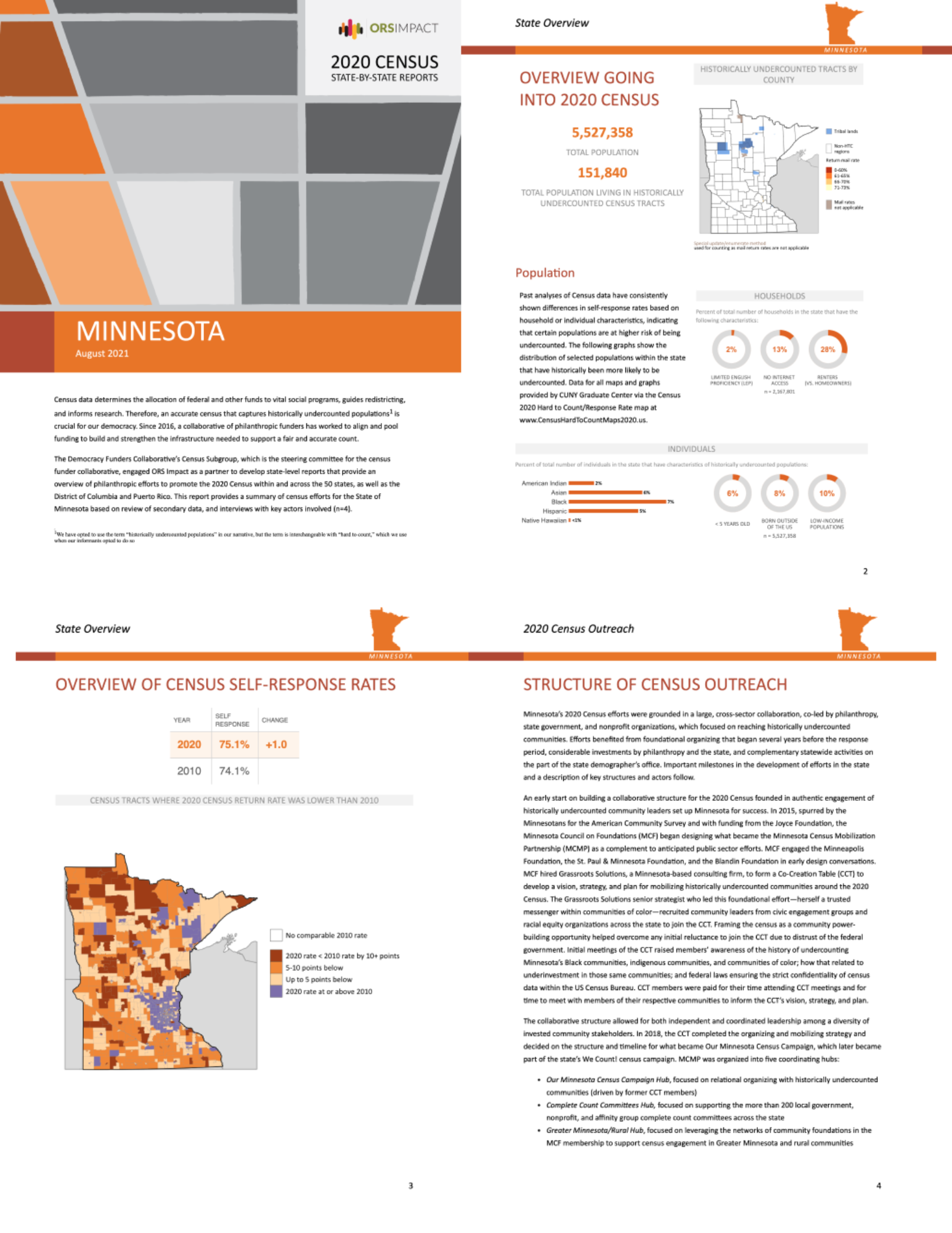
Combining Quantitative and Qualitative Data to Report on Census Outreach Efforts
In early 2020, Juan Clavijo from ORS Impact sought help from R for the Rest of Us to automate over 50 reports on outreach efforts during the U.S. Census. ORS Impact, partnered with the Democracy Funders Collaborative, needed to efficiently combine quantitative data on populations and qualitative data on outreach. Using R, they developed a collaborative approach, automating the generation of high-quality reports with charts, maps, and descriptions. This process allowed ORS to rapidly produce and revise 52 reports, achieving their goals without extensive manual effort.
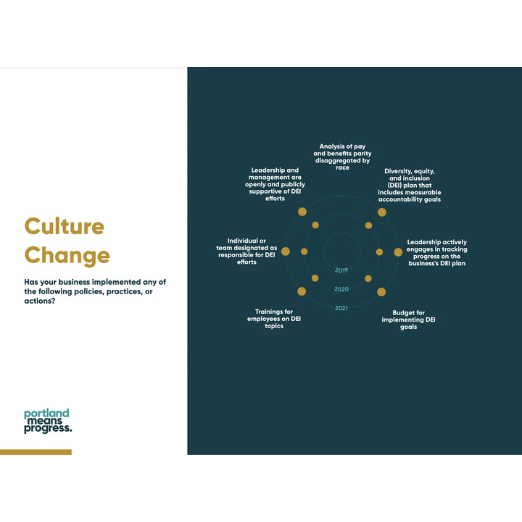
Portland Means Progress
Prosper Portland, the city's economic and urban development agency, runs the Portland Means Progress program to foster an inclusive economy. This program aids businesses in hiring diverse employees and developing inclusive cultures. Annually, it surveys businesses to reflect on their work. Until 2022, survey data only generated a high-level impact report, leaving businesses unaware of their individual progress. Prosper Portland enlisted R for the Rest of Us to create detailed, visually compelling reports. These reports, transforming simple data into impactful visualizations, help businesses understand and reflect on their growth and policy implementation over the years.
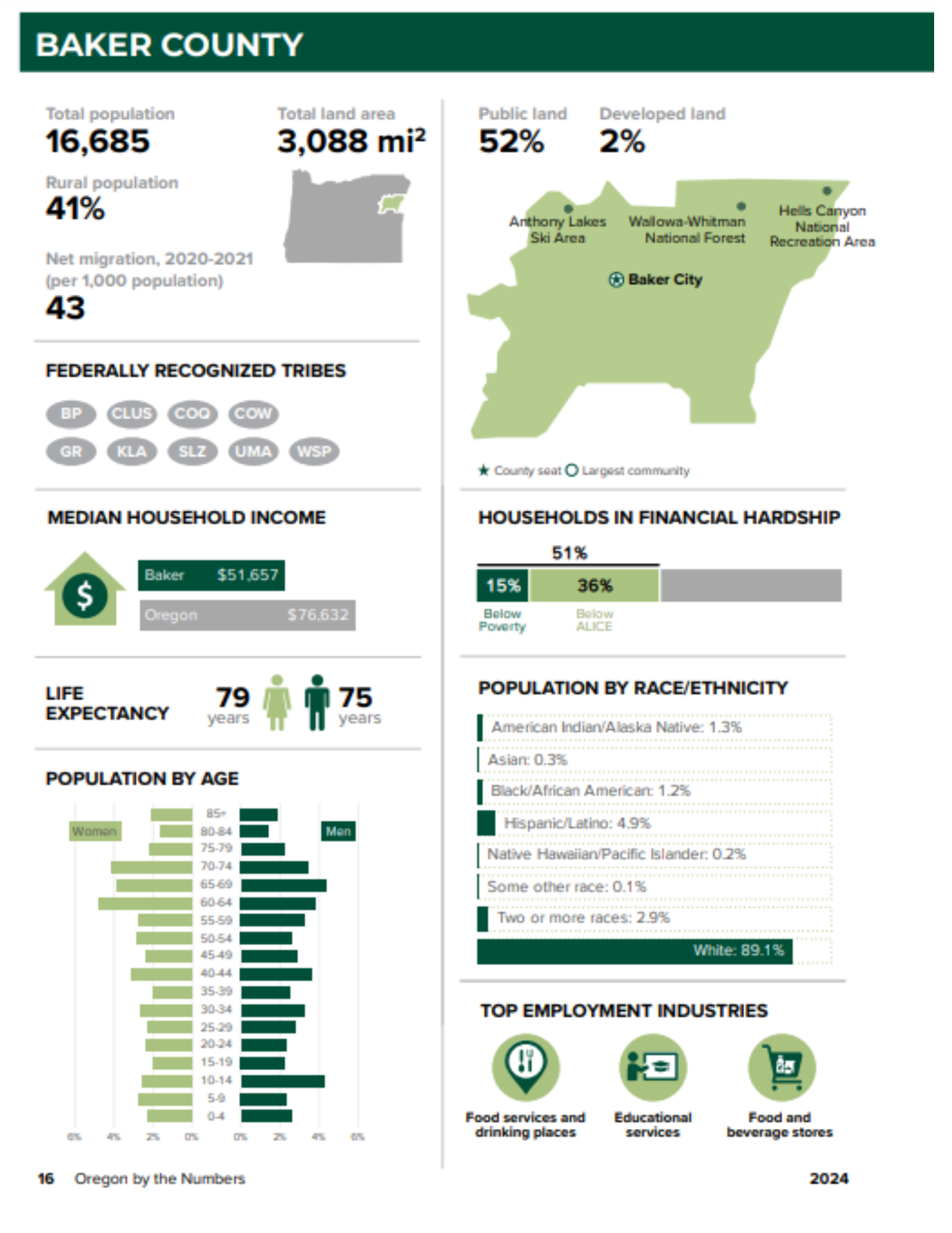
Oregon by the Numbers
The Ford Family Foundation sought to create the Oregon by the Numbers report, highlighting social and economic indicators for the state's 36 counties. Initially presented as tables of data, I transformed it into a visually appealing report, collaborating with their staff over several months. The final report effectively communicates the strengths and challenges of Oregon’s counties. Widely shared with policymakers, media, and stakeholders, it has garnered significant attention and impact.
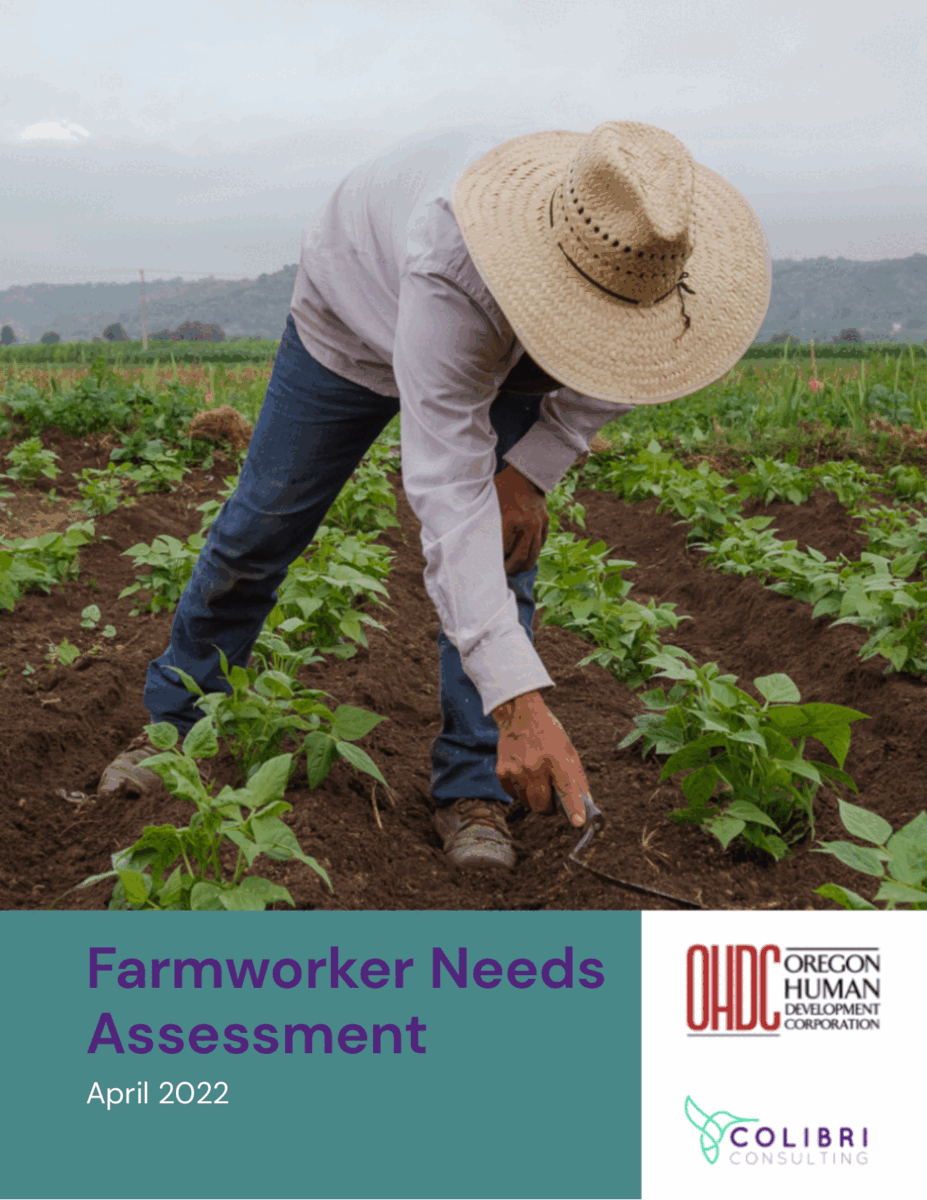
Oregon Farmworker Needs Assessment
In 2022, the Oregon Human Development Corporation (OHDC) set out to conduct research on the needs of farmworkers across the state. The resulting report would help shed light on issues facing this long-neglected population. R for the Rest of Us partnered with Colibri Consulting and OHDC to put together the 2022 Farmworker Needs Assessment.
Interactive Websites
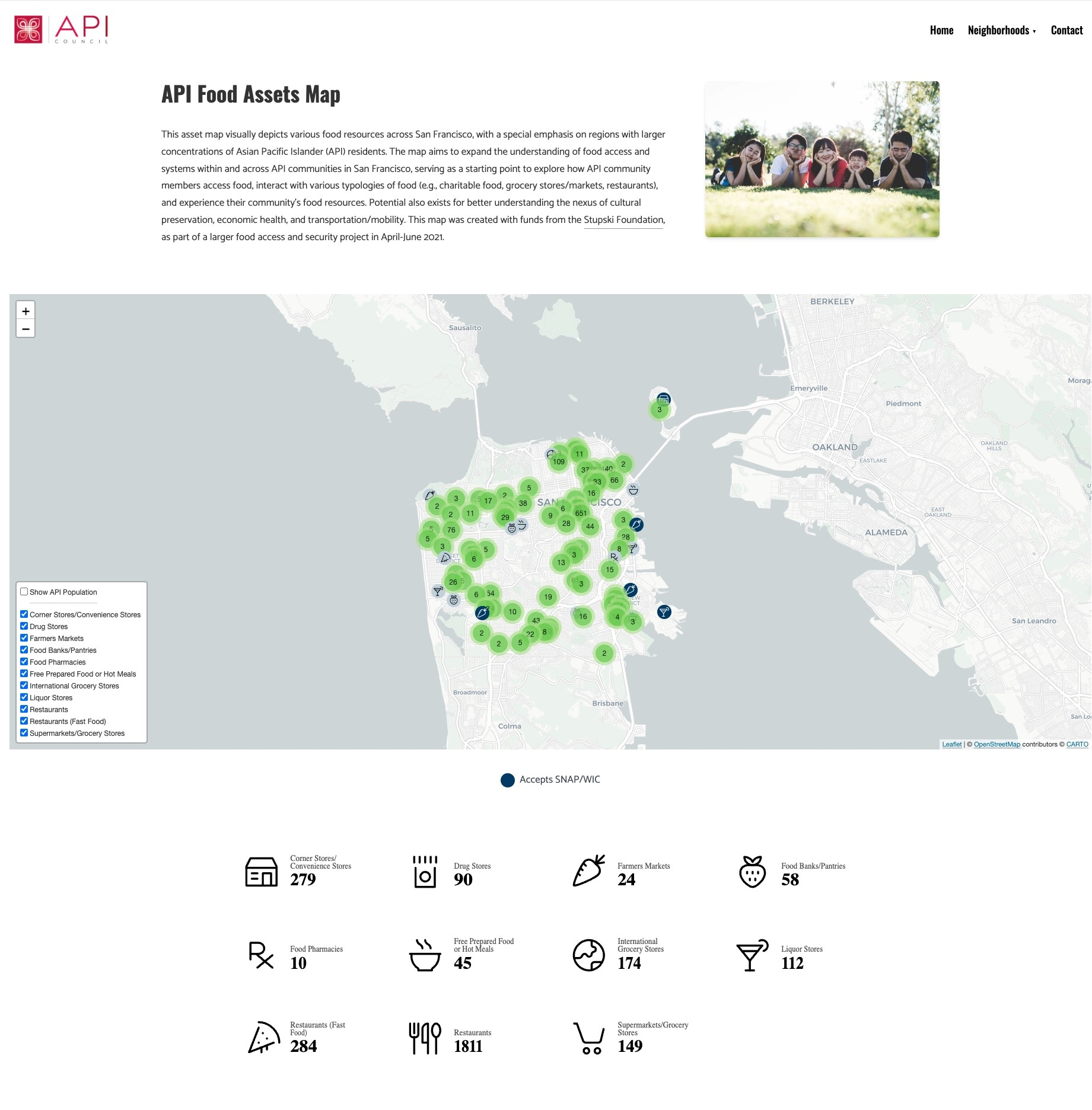
Interactive Map Development for the San Francisco Asian Pacific Islander Council
In March 2021, Kathleen Doll from Intention2Impact collaborated with R for the Rest of Us and the Asian Pacific Islander (API) Council to map food resources for San Francisco's API community. Automating data collection with R, we used tidycensus, osmdata, and web scraping tools. We created an interactive website map for the entire city and specific neighborhoods. These maps, matching the API Council’s branding, can be easily updated with new data by re-running the R code.
Custom Packages
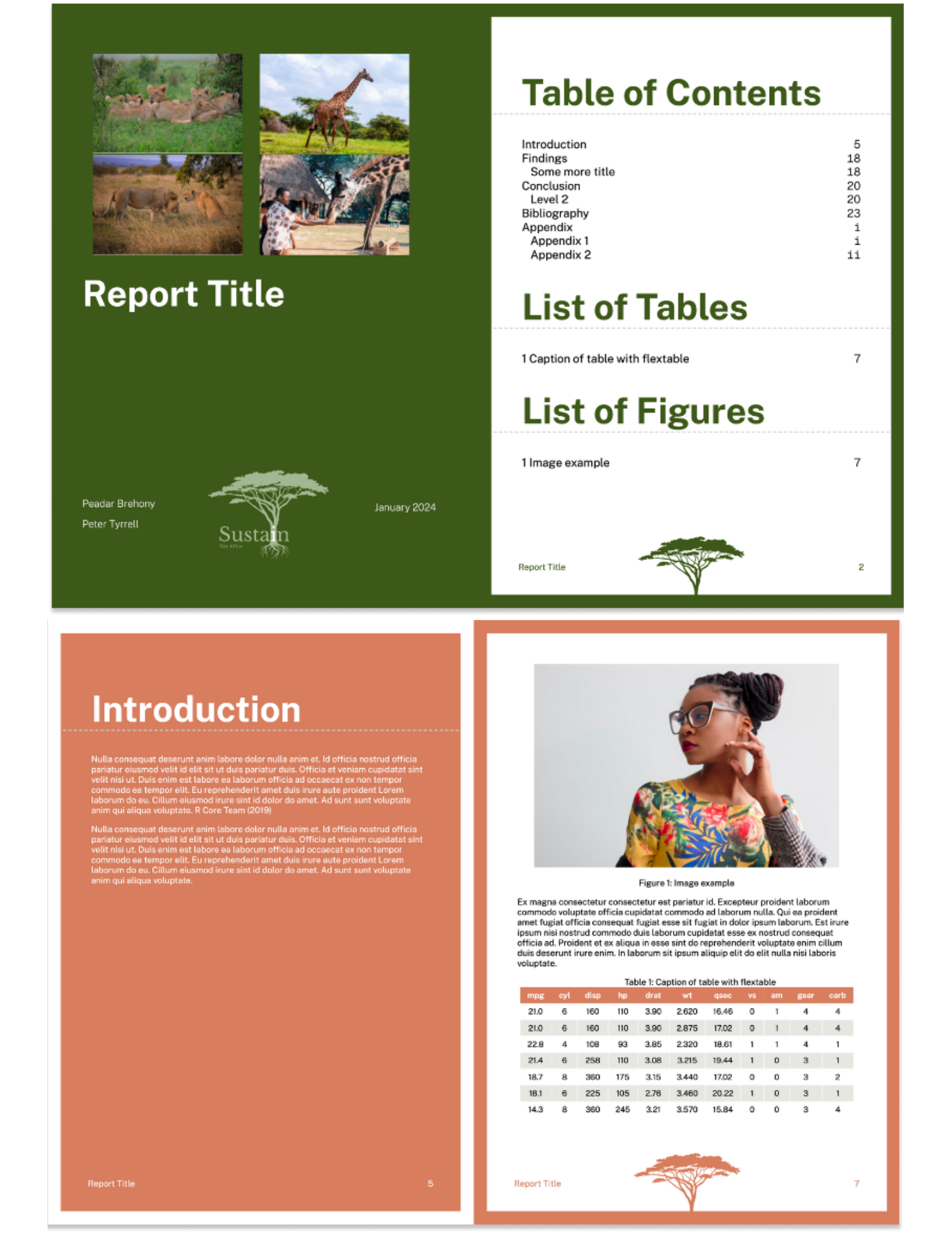
Sustain East Africa Custom Package
Sustain East Africa (SEA) reached to R for the Rest of Us about developing a custom package to assist in their reporting work. The package we developed has functions to create custom tables, ggplot themes, and a custom R Markdown template, all done with SEA branding. The resulting package enables SEA to more easily and beautifully report on their results.
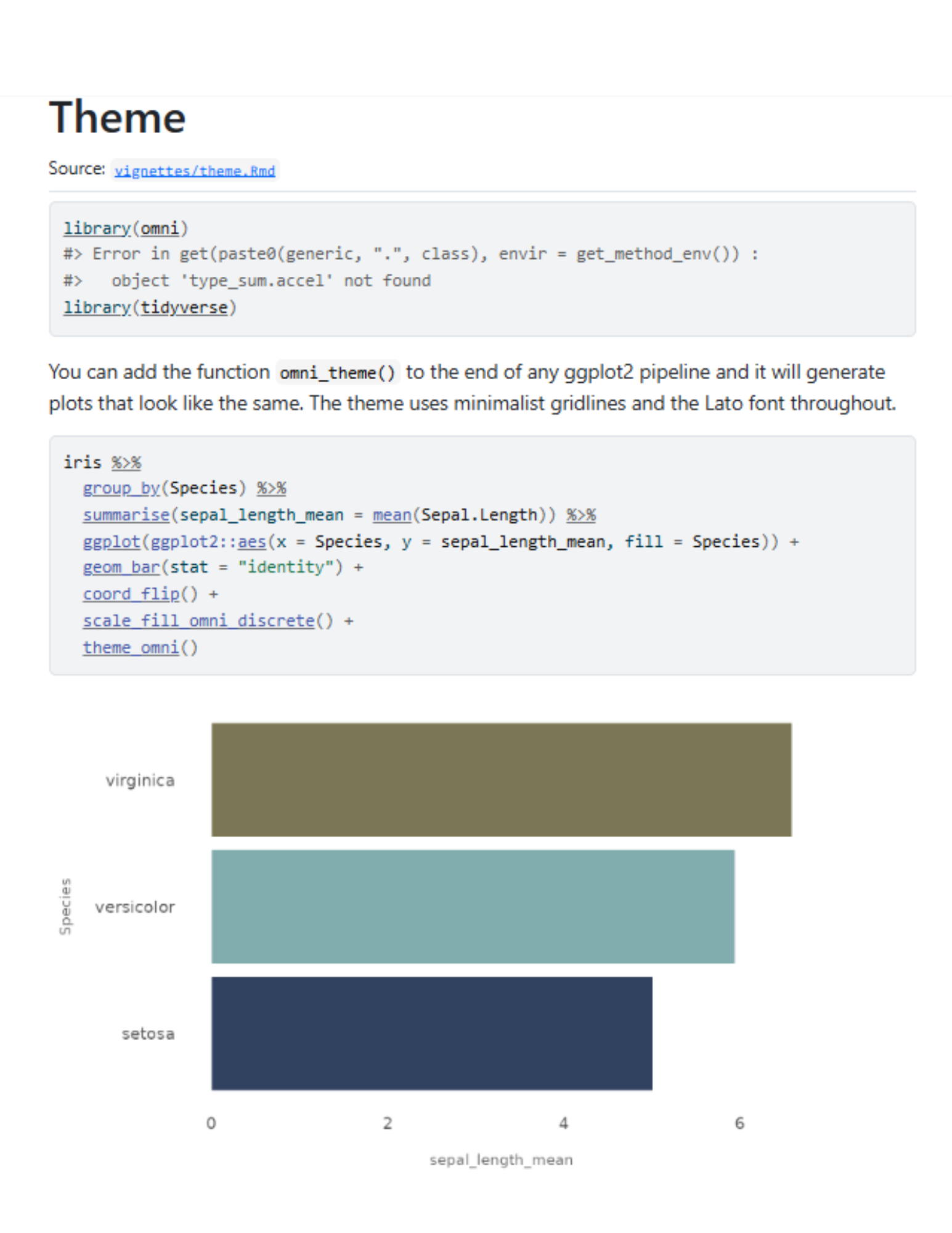
How R Has Streamlined OMNI Institute’s Workflow
Moving to R has helped the OMNI Institute dramatically improve the efficiency of their workflow, including automated data tracking and generating dozens of reports automatically.






